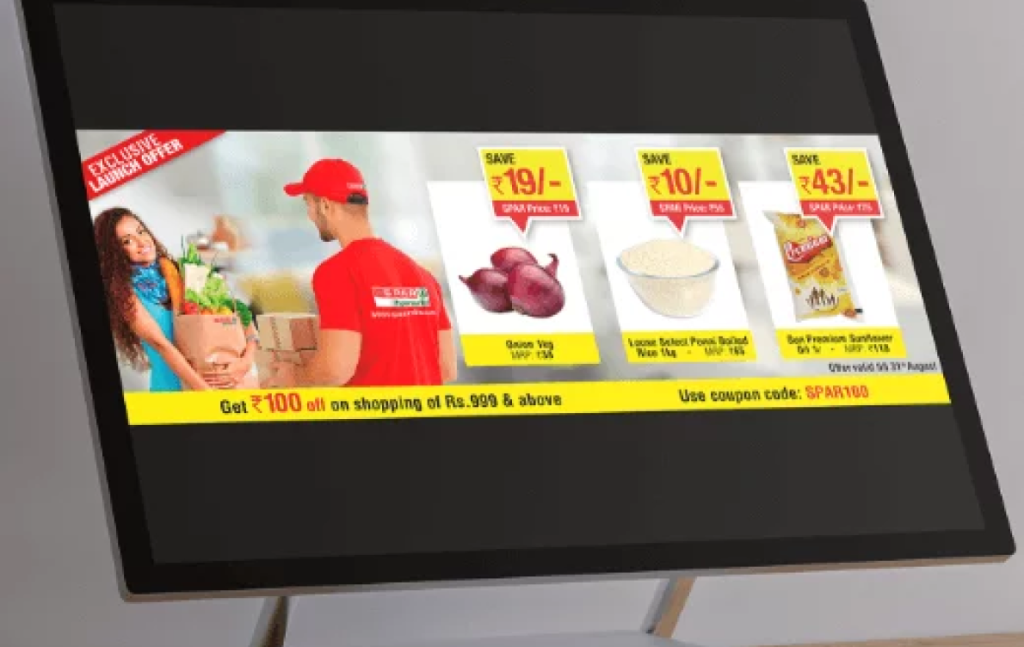4th Floor, 1st Main, Vijay Shree Layout, Bannerghatta Road Main Road, Arekere, B'lore - 560076
Influencer marketing has become a powerhouse in the world of e-commerce, offering brands a unique avenue to connect with their target audience authentically. When executed effectively, influencer marketing can boost sales, enhance brand credibility, and foster strong customer relationships.
Choose the Right Influencers
Select influencers whose values align with your brand. They should have an engaged and relevant follower base. Micro-influencers, often with smaller but highly engaged audiences, can be particularly effective for e-commerce.
Set Clear Goals
Define your objectives. Are you aiming to increase sales, drive traffic, or improve brand awareness? Having clear goals helps you measure the success of your influencer campaigns.
Collaborate on Authentic Content
Encourage influencers to create authentic and relatable content that highlights your products or services. Authenticity resonates with audiences and builds trust.
Leverage Diverse Content Formats
Incorporate various content formats, including photos, videos, stories, and reviews, to showcase your products comprehensively.
Provide Creative Freedom
Give influencers creative freedom while staying within your brand’s guidelines. Influencers understand their audience best and can create content that resonates.
Engage Your Audience
Encourage influencers to engage with their audience by hosting giveaways, Q&A sessions, or live product demonstrations. Engagement drives interest and action.
Track and Measure Performance
Use tracking tools to monitor the performance of influencer campaigns. Metrics like clicks, conversions, and engagement rates provide valuable insights.
Disclosure and Transparency
Ensure influencers disclose their partnership with your brand. Transparency is essential to maintain trust with both influencers’ followers and regulatory authorities.
Long-Term Partnerships
Consider long-term partnerships with influencers who align with your brand’s values. Building ongoing relationships can lead to more authentic and impactful campaigns.
Collaborate on Strategy
Involve influencers in campaign strategy discussions. Their insights and experiences can contribute valuable ideas.
Monitor Trends
Stay updated with influencer marketing trends and changes in social media algorithms. Adapt your strategies to align with evolving platforms.
Avoid Overpromotion
Striking a balance is essential. Overly promotional content can deter audiences. Encourage influencers to share their genuine experiences with your products.
Successful Examples
Examples of e-commerce brands effectively using influencer marketing include:
In conclusion, influencer marketing is a potent strategy for e-commerce businesses. By selecting the right influencers, setting clear goals, nurturing authentic content, and engaging the audience, you can leverage influencer partnerships to drive e-commerce success.
We partner with organisations and help them convert their vision into a reality in the most fun, engaging and creative way possible. As cliché as it sounds, we breathe what we do. We are passionate, innovative, creative and take pride in doing the best work we can.
GET A FREE QUOTE!






Error: Contact form not found.